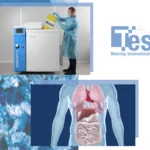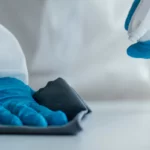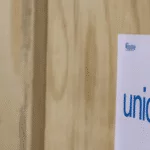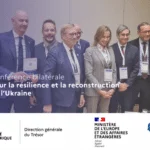Hospital waste management remains a major challenge in many rural areas of Vietnam. Polluted air and improperly treated waste directly affect health, particularly that of children.
In isolated contexts, how can we implement a sustainable solution that protects communities, healthcare workers, and the environment while being adapted to local realities?
Medical Waste: A Critical Issue for Health and the Environment
Every day, hospitals generate various types of waste, known as Healthcare Waste. These can be infectious, chemical, sharps… and may include pharmaceuticals or biological fluids. If not properly treated, this waste poses a major threat to public health and the environment.
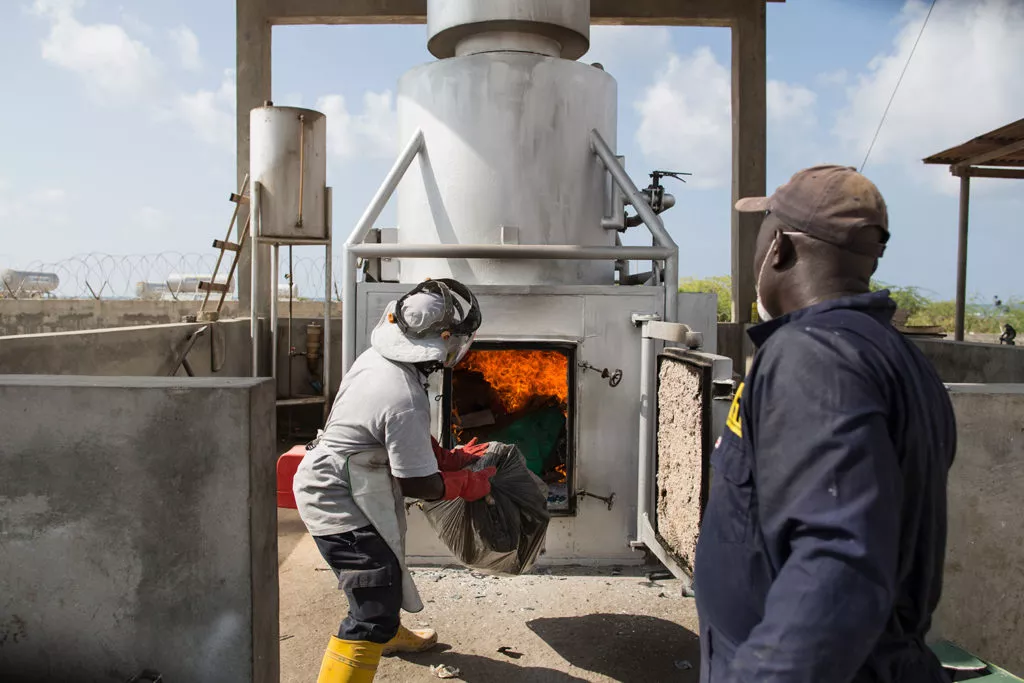
In the rural provinces of Đắk Nông, Quảng Bình, and Điện Biên in Vietnam, the lack of adequate infrastructure leads to dangerous practices such as open-air incineration, unsecured landfills, and air and soil pollution. Children play near these sites, inhaling harmful particles daily, while healthcare workers and patients face constant infectious risks. This situation exacerbates respiratory illnesses, hampers children’s physical and cognitive development, and threatens the health security of communities.
In these rural areas, limited budgets make Healthcare Waste particularly critical, highlighting the urgency of solutions adapted to local realities. The challenge is therefore not limited to equipping hospitals, but involves establishing a secure, comprehensive, and sustainable system.
STERIPLUS™ 40: A Technological Solution for Medical Waste Management in Vietnam
To meet this challenge, Tesalys, in partnership with UNICEF and the Australian government, launched a project to equip six rural hospitals with STERIPLUS™ 40 technology by early 2025.
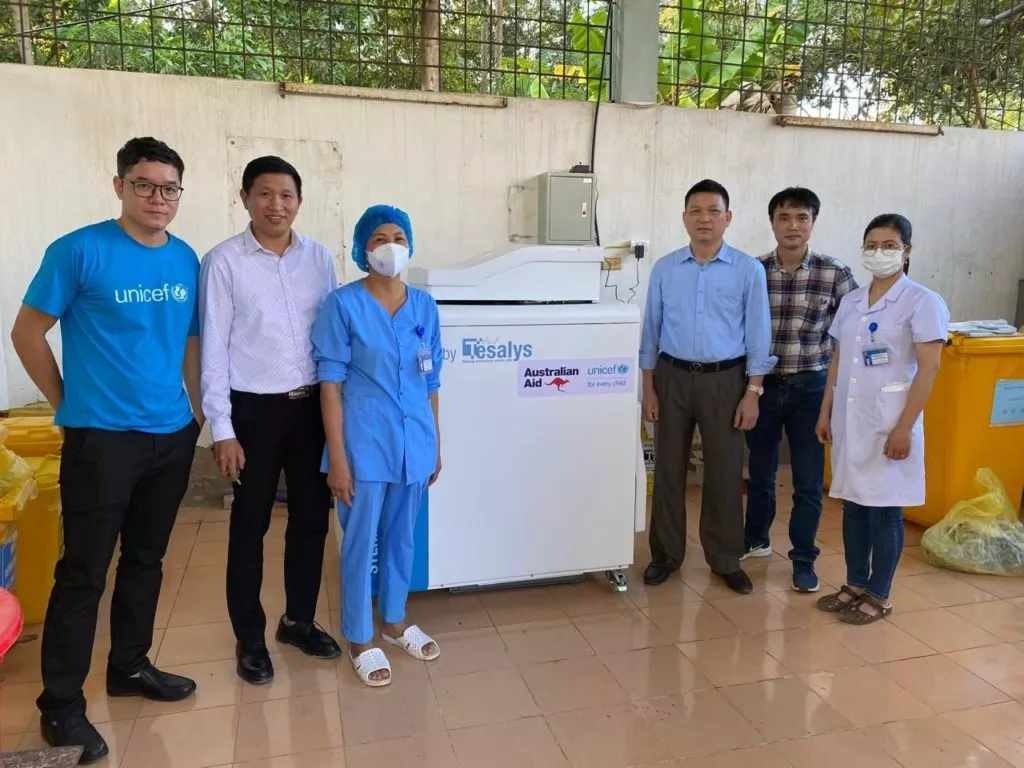
This innovative solution works like a giant pressure cooker for medical waste. DASRI is collected and loaded into the machine, where it is heated to high temperatures under pressure, neutralizing all infectious agents. The sterilized waste is then transformed into inert residue, which can be safely disposed of without posing a risk to people or the environment.
Each machine can process 40 liters per cycle, or about 1,200 liters per month for an average hospital, reducing contamination risks by 90%. The technology handles different types of waste, from biological fluids to sharps, while minimizing risks to operators.
To ensure maximum efficiency and project sustainability, local teams are trained, standardized procedures are implemented, and rigorous monitoring is carried out. This approach allows hospitals, even in the most isolated areas, to operate autonomously while complying with international health and environmental safety standards.
Tangible Results for Health and the Environment through Medical Waste Management in Vietnam
The initial impacts are already visible. Effective sterilization of medical waste reduces hospital-acquired infections, protecting patients and healthcare workers. Children, once exposed to pollutants, now grow up in a healthier environment, reducing respiratory illnesses and supporting their physical and cognitive development.
The environmental impact is also significant. Reduced CO₂ emissions and fine particles improve air quality around hospitals, while limiting hazardous waste in landfills protects soil and waterways. Additionally, working conditions for healthcare staff improve thanks to environments that meet international standards, enhancing patient safety and local community trust.
The initiative demonstrates that it is possible to combine technological innovation, training, and rigorous monitoring to create a sustainable medical waste management system, even in isolated rural areas. It also highlights the importance of international partnerships and targeted funding to effectively address critical public health challenges.
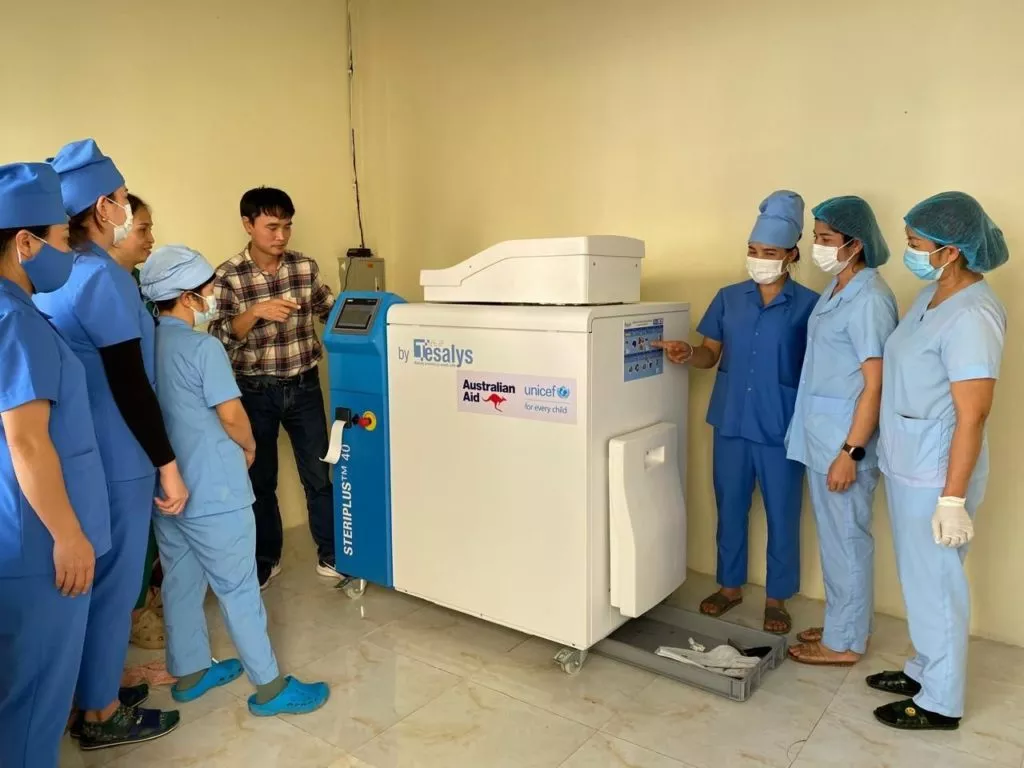
Conclusion: A Model of Innovation and Sustainability
The STERIPLUS™ 40 project proves that health, safety, and environmental protection can be achieved through tailored, sustainable solutions. These hospitals serve as inspiring examples for the region and the world.
Medical waste management in the service of children, healthcare workers, and the planet is no longer a mystery!




